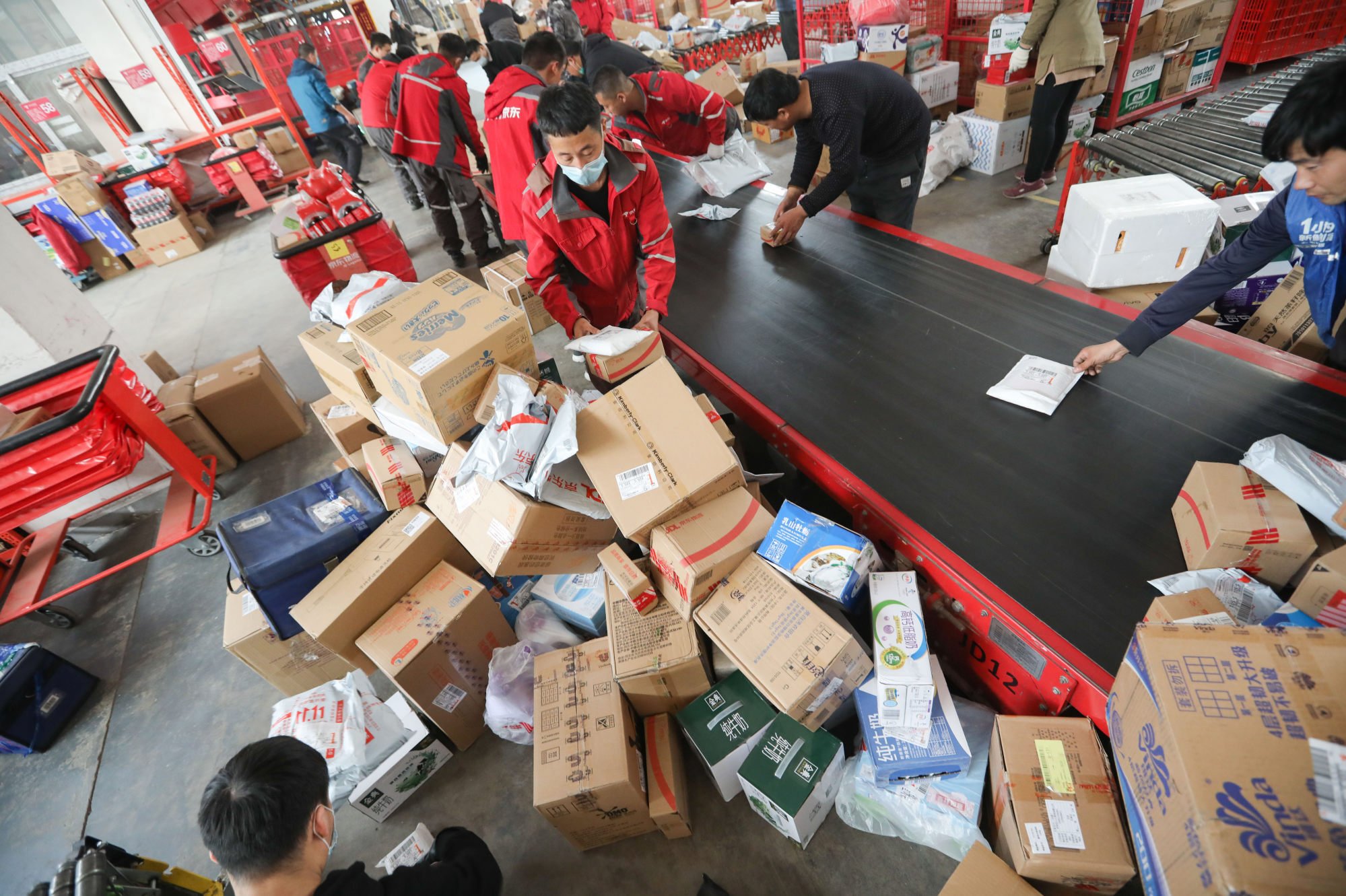
China’s market watchdog to slap new rules on e-commerce platforms and online shopping festivals
- The State Administration of Market Regulation (SAMR) has vowed to clarify the responsibilities of e-commerce platforms
- Big Tech companies have been facing increased scrutiny from regulators over their internet businesses since December
Chinese market regulators are planning to step up their control of e-commerce platforms by formulating a list of responsibilities for operators and drafting new regulations for the sector, according to state-owned news agency Xinhua.
The State Administration for Market Regulation (SAMR) will “adopt more powerful regulatory measures this year with a series of actions” to clean up the online shopping market and maintain a healthy environment, SAMR official Wei Li told Xinhua.
In addition to clarifying the responsibilities of platform companies involved in online transactions, authorities will enact new rules to standardise online deals, maintain fair competition and protect consumer rights, according to the Xinhua report on Monday. The watchdog will also build a system to collect information in real-time nationwide to monitor online transactions

Authorities also said they took down nearly 234,000 examples of improper online sales information, gave out some 23,000 rectification orders to online platforms and shut down 6,665 online stores during a crackdown campaign led by the SAMR between October and December, Xinhua reported.

